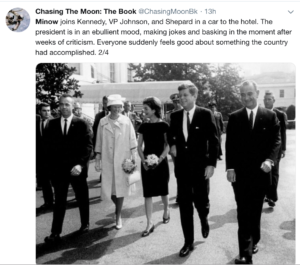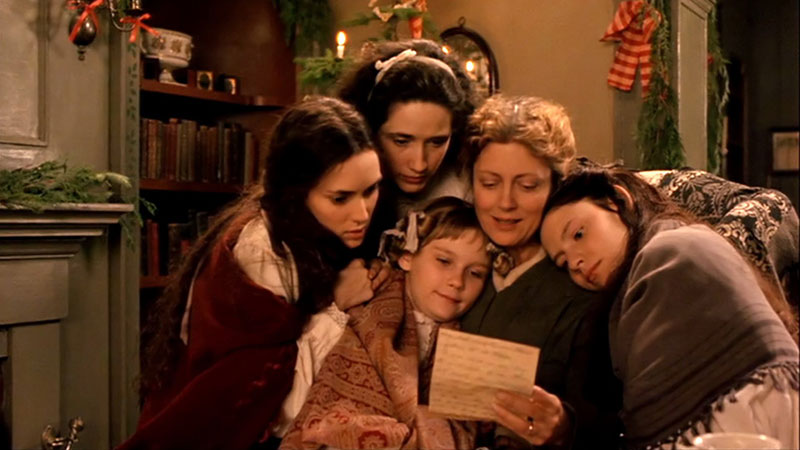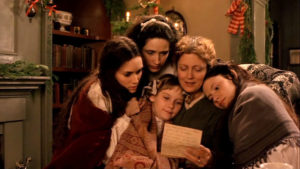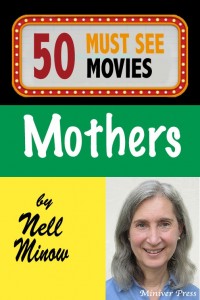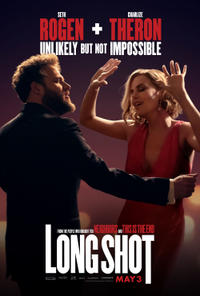Pokémon Detective Pikachu
Posted on May 9, 2019 at 5:51 pm
B-| Lowest Recommended Age: | Kindergarten - 3rd Grade |
| MPAA Rating: | Rated PG for action/peril, some rude and suggestive humor, and thematic elements |
| Profanity: | Some schoolyard language, potty references, mild words (jeez, hell, etc.) |
| Alcohol/ Drugs: | Fantasy "drug," caffeine, brief drug humor |
| Violence/ Scariness: | Extended fantasy/cartoon-style violence, parental loss |
| Diversity Issues: | Stereotype of disabled villain |
| Date Released to Theaters: | May 10, 2019 |
| Date Released to DVD: | August 5, 2019 |
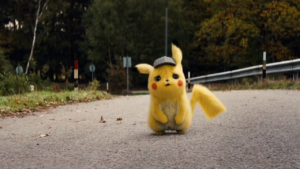
People around me were gasping, hooting, and laughing at various details that passed right by me during “Pokémon Detective Pikachu,” so if you are already a fan of the Pokémon franchise, the cards, the series, the games, you will be better off reading a review from someone as deeply enmeshed as you are. If you are only vaguely aware of the characters and premises of the international merchandising monster that began as “pocket monsters” and now has an entire universe of things to buy (more than 300 million copies sold of just one of there many, many games alone), then stick with me and we will try to assess this new movie on its own merits.
That would make merit number one for non- or not-yet fans the non-stop commentary of Ryan Reynolds, who provides the voice of the title character, a kind of PG version of his iconic Deadpool performance. After that, we have an appealing human lead character, Tim Goodman, played by Justice Smith of “Paper Towns” and “The Getdown.” He interacts believably with the CGI characters and even manages a genuine character arc as we see him become less isolated and more vulnerable and authentic.
We first see Tim as a quiet loner working as an insurance appraiser. He lives in a world where people often catch or partner with Pokémon characters, something like pets or sidekicks or Phillip Pullman-style daemons. He once dreamed of being a Pokémon trainer (we learn more about that as we see the unchanged childhood bedroom in his dad’s apartment. But when he is out with a friend and has the chance to “catch” a Pokémon, it does not go well, probably because his heart is not in it.
Tim receives a phone call informing him that his estranged father, a detective who lives in Ryme City, has been killed in an accident. He travels to Ryme City, where a wheelchair-bound billionaire and philanthropist named Howard Clifford (Bill Nighy) has established a utopian community for humans and Pokémon to live in harmony. In a welcome video on the train, Clifford explains that since he became disabled, the connection to the Pokémon has helped him to become “a better version of myself.” He wants Ryme City to make it possible for all humans to have that experience.
The police chief (Ken Watanabe) gives Tim the keys to his father’s apartment and tries to comfort him. But Tim shrugs off any condolences, insisting he has no real sense of loss for the father he has hardly ever seen. At the apartment, Tim meets a mysterious fuzzy yellow Pokémon Pikachu who has amnesia but who, unlike the other Pokémon creatures, speaks fluent English (voiced by Ryan Reynolds) that only Tim can understand. Pikachu wears a Sherlock Holmes-style deerstalker hat with Tim’s father’s contact information inside. He believes Tim’s father is still alive. Tim is at first reluctant to work with him, but some clues, some escapes, and an attractive young journalist (Kathryn Newton as Lucy) who tells him, “You just walked into quite a story,” persuade him to try to find out what really happened.
Their investigations take them to a mysterious lab in a remote valley, to Clifford’s office, where he shows them a detailed VR depiction of the accident, an encounter with Mr. Mime, who may be a witness but won’t say (hah!), and Ryme City’s most famous annual event, a pride parade and carnival celebrating Pokémon.
Tim’s increased confidence and connection to others is a sharp contrast to Clifford’s notion of what makes someone a better version of himself. But it may be hard to notice that in the midst of non-stop special effects and elaborate, video-game style action sequences. For fans, this may be a B+, but for outsiders without a gaming controller, it’s a couple of grades lower.
Parents should know that this film includes extended fantasy/cartoon-style peril and violence (no one badly hurt) with some scary monsters, themes of absent or neglectful fathers, some fantasy drug material and brief drug humor, and some potty jokes and mild bad language (hell, jeez, etc.) SPOILER ALERT: The movie also perpetuates some tired and obsolete cliches about disabled villains whose evil acts are inspired by an effort to be “cured.”
Family discussion: What would the better version of you look like? Would you like to be a detective?
Which Pokémon would you like to have as a partner and why?
If you like this, try: “Monster Trucks” and the Detective Pikachu video game

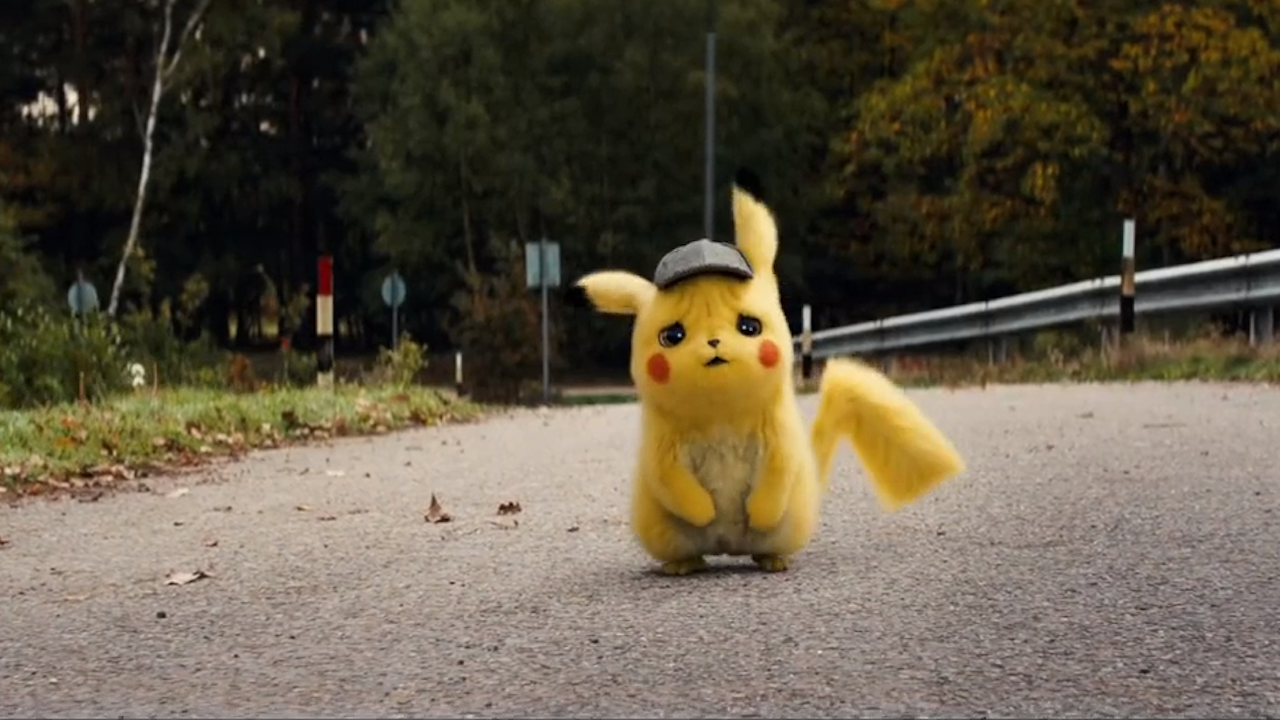
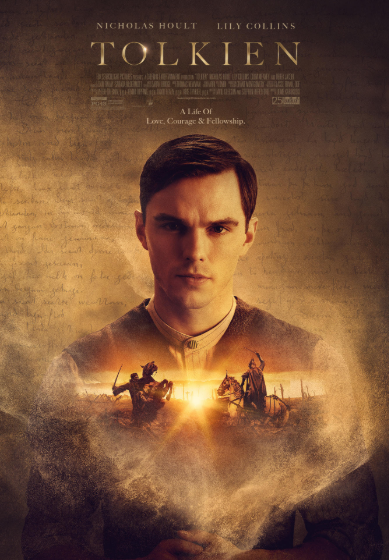
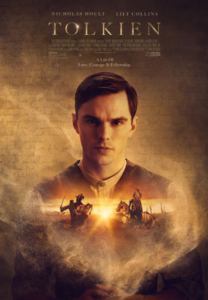
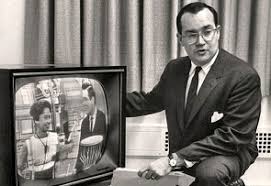 On May 9, 1961, my father, Newton Minow, delivered a speech that continues to inspire the conversation about media. He was President Kennedy’s new Chairman of the FCC, just 35 years old, and in his first major address he told the National Association of Broadcasters that while there was much to admire on television, too much of it was a “vast wasteland.” Last Friday, our family had the privilege of watching him receive the Chicago Television Academy’s Silver Emmy Award for his contributions to broadcasting, including the launching of the first telecommunications satellite, the creation of PBS, and helping to start the Presidential debates. He continues to serve as Vice Chair of the Commission on Presidential Debates, which he helped to form.
On May 9, 1961, my father, Newton Minow, delivered a speech that continues to inspire the conversation about media. He was President Kennedy’s new Chairman of the FCC, just 35 years old, and in his first major address he told the National Association of Broadcasters that while there was much to admire on television, too much of it was a “vast wasteland.” Last Friday, our family had the privilege of watching him receive the Chicago Television Academy’s Silver Emmy Award for his contributions to broadcasting, including the launching of the first telecommunications satellite, the creation of PBS, and helping to start the Presidential debates. He continues to serve as Vice Chair of the Commission on Presidential Debates, which he helped to form.